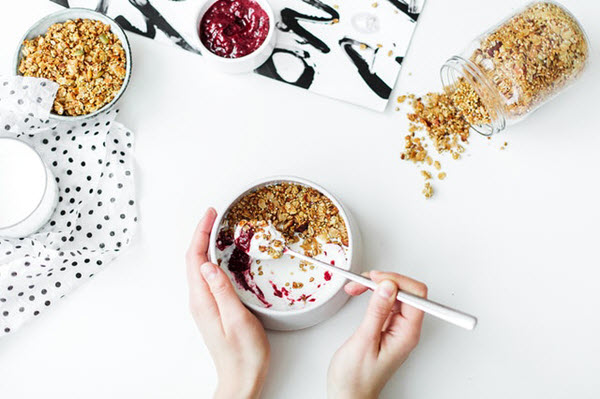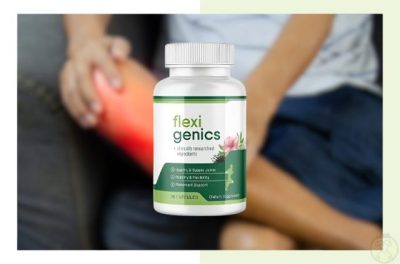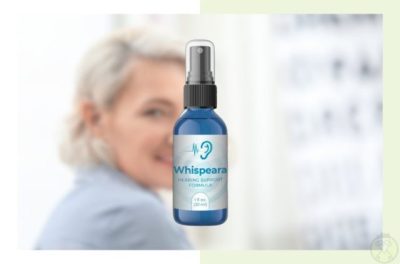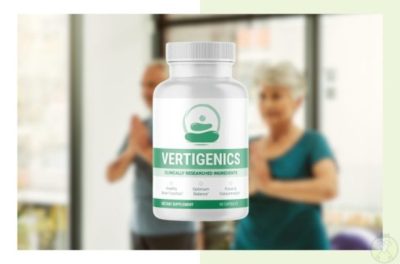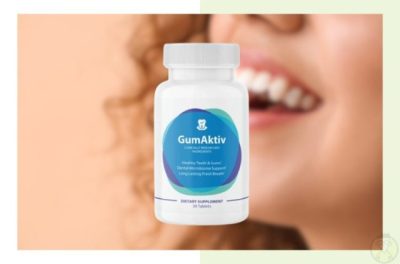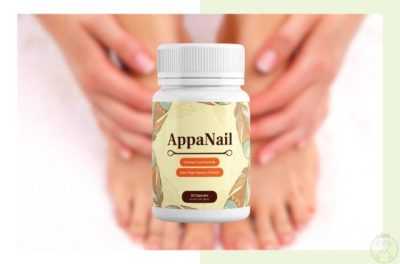10 Helpful Tips To Improve Your Microbiome

Your gut is home to trillions of little bugs known as microbes. Now, before you go chugging pesticide, you should know that these various bacteria, yeast, and fungi are actually pretty useful. They are the first living beings we encounter in the womb, even helping us form our immune system! As we age, these microbes influence everything from our mood to our weight to our skin health.
When one type of microbe becomes too influential, it can throw off the entire system. In turn, you may experience depression, inflammation, and GI problems. Here are 10 tricks to fix this imbalance.
Eat Probiotic-Rich Foods
You might have heard about probiotics on the news or seen them popping up on pharmacy shelves. Probiotics are capsules containing strains of bacteria that are good for the gut. You can get many of these useful bacteria by consuming foods that carry them, too.
If you see the word “fermented,” on a label, it’s a clear indicator that there are probiotics in the food. When fruits and vegetables get fermented, yeast in the container feeds on sugars in the food. Like us, this yeast produces waste. Unlike our waste, their waste is gut-healthy probiotics.
Probiotic-rich foods include:
- Yogurt
- Kraut
- Kombucha
- Pickles
- Miso
- Tempeh
Cut Down On Potential Allergens
Everything you eat has a reaction with the bacteria in your stomach. The sweeter your tooth tends to be, the more rotten the bacteria are. So, you need to cut back on foods that might allow harmful bacteria to grow.
First, you want to get rid of common allergens. Whenever we consume foods that trigger an allergic reaction, our immune system answers by causing inflammation. If you continue to eat foods that cause inflammation, then the inflammation will never cease. It’s like pouring gasoline on a dumpster fire.
Common allergens include:
- Gluten (Some Whole Grains, Baked Goods)
- Lactose (Dairy, Processed Cheese)
- Lectins (Beans, Nightshades, Legumes)
- Alcohol
- Soy (Tofu, Edamame, Peas)
- Refined Sugars (Soda, Baked Goods, Sports Drinks)
Intermittent Fasting
Not only should you restrict allergens from your diet, but perhaps you should restrict eating altogether. Many of us are guilty of overconsuming our favorite foods. Our digestive system doesn’t get enough time to break down our afternoon snack before we start filling up on dinner. Don’t get us started about dessert!
Intermittent fasting is the perfect opportunity to give your body a break. During a fasting session, you only consume water, black coffee, and herbal teas. Work up to 18-24 hours without eating.
Then, break your fast with a nice balance of high-quality protein (fish, chicken, eggs), complex carbs (sweet potatoes, quinoa, greens), and healthy fats (fish, extra virgin olive oil, coconuts)
There are many types of intermittent fasting protocols, including:
- Leangains (16:8) – 16 hours fasting, 8 hours eating
- One Meal A Day (OMAD) – Eat 1 hour per day
- Alternate Day Fasting – Eat 500 calories or less every other day
- 5:2 – 5 days of 24 hour fasting, 2 days of regular eating
- Warrior (20:4) – 20 hours of 500 calories or less, 4 hours of regular eating
Exercise
Exercise is essential for gut health because it helps you burn fat. Burning fat not only makes us look good, but it releases nutrients in the fatty tissue. These nutrients help give cells in your body the power necessary to run smoothly.
When you exercise, it also shakes up your insides. Movement naturally causes your microbes to interact with each other. In turn, you get an ever more diverse (and healthier) gut.
Exercise ideas for good gut health include:
- Cardio
- Yoga
- CrossFit
- Weight machines
- Sports
More Fiber!
Our stomach bacteria are living beings. So, they need to eat, as well. Whatever you can’t break down, your stomach bacteria will help clean the plate. That’s why it’s so important to eat dietary fiber.
Dietary fiber is hard for our GI tract to break down. Thankfully, probiotic bacteria do the dirty work. When they’re done consuming fiber, they release amino acids that help repair our gut lining. Sounds like a great relationship to us!
Determine which fiber you need by your stomach problems:
- Insoluble fiber (best for constipation) – consume potatoes, cabbage, onions, fruit skins
- Soluble fiber (best for diarrhea) – consume sweet potatoes, avocados, oatmeal, lentils
Meditate
The gut is our second brain. This isn’t a cute antidote. It’s an actual fact. The two remain in constant communication through an advanced network known as the gut-brain-axis.
Our gut-brain-axis is regulated by the vagus nerve. When harmful bacteria take over the microbiome, they have a bad reaction with the vagus nerve. In turn, this causes a negative response with the mind.
Meditation is an excellent way to clear your mind. You can not only get over the stress caused by a poor gut but get more in tune with your body’s needs. Plus, meditate helps stimulate the vagus nerve to improve your mood.
Types of meditation include:
- Guided visual meditations
- Mantra meditations
- Sleep hypnosis
Take Shorter and Cooler Showers
Not only is our gut teeming with microbes, but so is our skin. In fact, our skin has its own biome. The bacteria of our skin biome influence our gut bacteria and vice versa.
As our parents used to say, “sometimes you need to roll around in the mud.” While handwashing is essential, especially in the face of a pandemic, we should cut down on the long, hot showers. It dries out our skin, leaving it red, blotchy, and flaky. Also, over-exfoliating may scrub the good bacteria on your skin away!
Gut-healthy shower tips include:
- Begin and finish your shower with cold water
- Five minutes or less of lukewarm water
- Don’t wash your hair everyday
- Only use natural ingredients in your body wash and shampoo
Consume Healthy Fats
It might seem ludicrous to say that fat is essential for your gut. So, call us crazy. We need fats because they help give our vital organs, tissues, and body parts structure. In particular, our gut lining and brain depend on healthy fats, such as polyunsaturated and monounsaturated fats.
Our brain relies on omega-3 fatty acids to help protect gray matter. Thanks to healthy fats, you can fight off the onset of dementia and Alzheimer’s disease.
Healthy fats are also good for the gut. They help repair the gut lining that gets destroyed by inflammation caused by poor dietary choices.
Examples of healthy fat sources include:
- Oily fish (salmon, mackerel, sardines)
- Nuts (Brazil nuts, almonds, walnuts)
- Seeds (Pumpkin, hemp, sprouted)
- Oils (Extra virgin olive, coconut, sweet almond)
Cut Down on Unnecessary Meds
Many of us are guilty of looking for a quick fix when it comes to health. If we could take a pill every day and feel great, we’d be content. However, many of the over-the-counter meds we take aren’t intended to be a long-term solution.
Make sure you talk to your doctor about the long-term use of medications. Try to cut down on anything that can be considered habit-forming. Also, discuss antibiotic prescriptions before filling them. These powerful medications should be used as a last resort.
Consider using less:
- Antacids
- Advil
- Sleep aids
- Antibiotics
- Unnecessary prescriptions (talk to doctor first)
Get Your Gut Tested
Instead of taking a shot in the dark with your gut health, get answers. Perform an at-home gut test to see which bacteria are in your system. Microbiome testing companies like Thryve can analyze the DNA in your gut. Based on those results, they can recommend a custom probiotic and diet plan to help bring balance to your microbiome.
With a gut test, you can have insights into the following:
- Ratio of gut bacteria species
- Inflammation
- Sleep cycles
- Hormones
- Autoimmunity
Richard Lin
About two years ago I took antibiotics for a common cold, this resulted in being hospitalized due to a major gut infection. I had lost control of my health and that’s when I knew something had to change. I started reading everything I could about Gut Health. In my search for a solution, I was left with more questions than answers. So I started Thryve to try and find the answers to better Gut Health. I hope you’ll join me on my journey.

